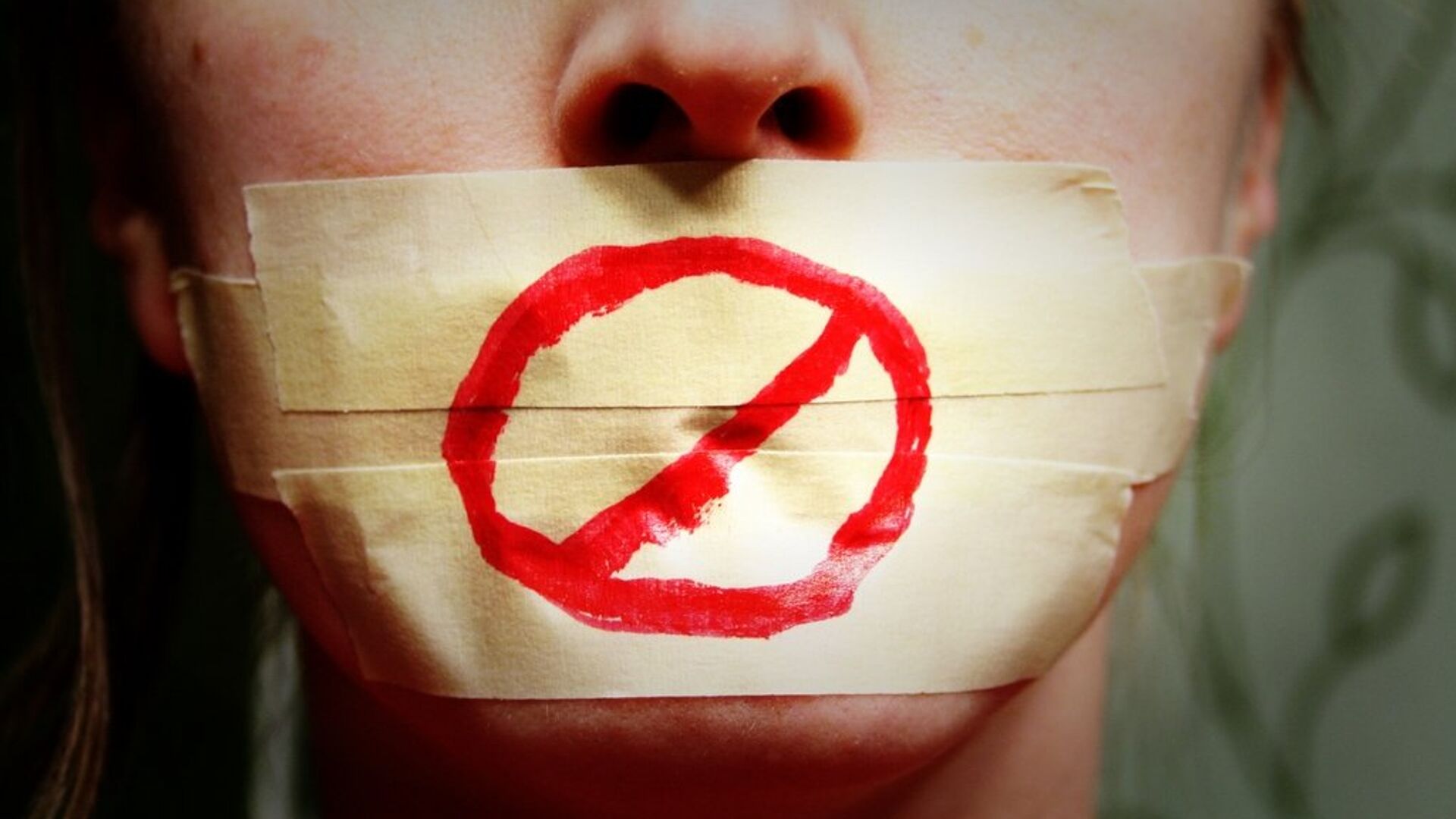A clear majority of the Norwegian population believes that there should be room for public statements that certain groups, such as LGBT people and Muslims, may find offensive, a new study from the Department of Social Research has found.
Wholly 22 percent of those surveyed believe that political correctness is a major problem in Norway, while half of the respondents at least partially agree with the statement. Three out of ten said that the current political climate in Norway makes it difficult for them to say what they think.
Furthermore, one in four believe that it should be okay to express racist opinions in public as long as violence is not encouraged.
Yet another takeaway is that the very term “politically correct” is mainly used in a derogatory sense, about various attempts to influence forms of expression or censor statements that some may find offensive or discriminatory.
Interestingly, there are significant differences across the party lines. According to researcher Audun Fladmoe, while a clear majority of those who vote for the Progress Party and the Conservatives fully or partially agree that political correctness is a problem, only a minority of the Socialist Left and the Reds voters do.
Additionally, the Norwegian population is divided roughly in the middle over whether universities and colleges should protect students from statements and ideas deemed offensive.
“People with higher education believe to a lesser extent than others that students should be protected in this way. It doesn't seem to be the case that a well-educated elite wants to shield students from politically incorrect opinions,” Fladmoe mused.
Over a third of the respondents believe that mocking religion should be allowed, and almost twice as many believe that criticising religion should be allowed.
A total of 26 percent said they have experienced unpleasant or condescending comments after speaking out, while 5 percent admitted to receiving threats, with the proportions being higher among young people.
According to the research crew, the survey carried out in the autumn of 2015 and 2020 featuring 2,000 people provides a better understanding of what boundaries the population sets for acceptable utterances and how they experience their own freedom of expression.




